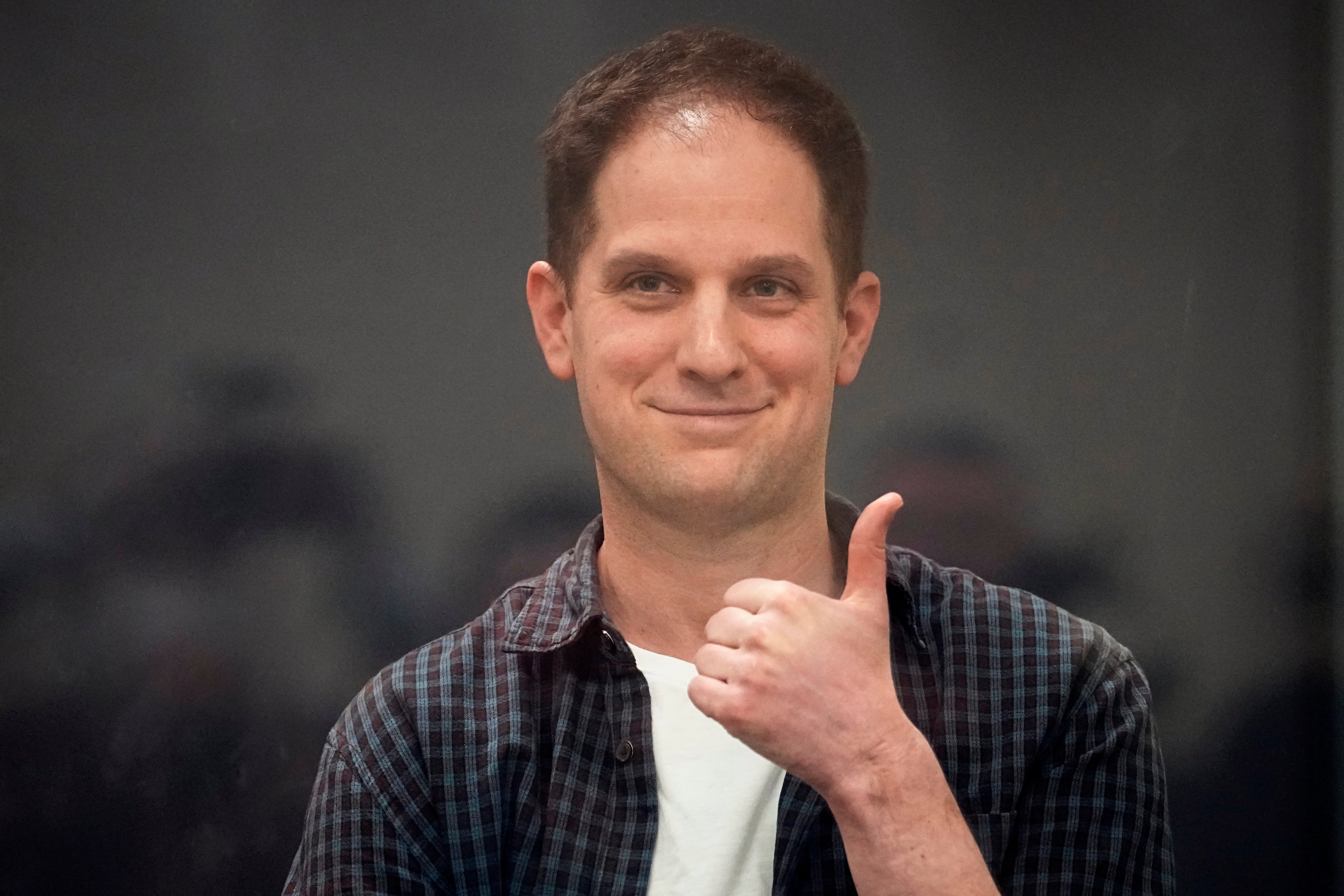US government's top hostage negotiator defends prisoner swaps with foreign adversaries
The U.S. government’s top hostage negotiator is defending prisoner swaps that free Americans wrongfully detained by foreign countries in exchange for the release of convicted criminals

The U.S. government's top hostage negotiator defended prisoner swaps that free Americans wrongfully detained by foreign countries in exchange for the release of convicted criminals, denying on Thursday that such deals incentivize additional arrests of U.S. citizens.
“The math just isn't adding up — it’s going in the other direction,” said Roger Carstens, the special presidential envoy for hostage affairs. He said the list of wrongfully detained Americans has grown shorter even as the Biden administration has proved willing to make deals with adversaries. “My numbers are actually going down.”
Speaking to a House subcommittee, Carstens said the deals are “always hard decisions” and that the U.S. government often spends years trying to understand what the other side wants to release American prisoners.
The swaps have generally required the U.S. to give up individuals in its prisons sought by an adversary. To get home WNBA star Brittney Griner from Russia, for instance, the U.S. released arms trafficker Viktor Bout.
Last December, the Biden administration freed a close ally of Venezuelan President Nicolas Maduro who was jailed on money laundering charges, in exchange for the release of 10 Americans behind bars in the South American country and the return of a fugitive businessman, Leonard Glenn Francis.
“The alternative," Carstens said, “is those Americans don’t come home.”
Carstens denied that U.S. officials take into account a detainee's celebrity status, rejecting the idea that the U.S. focused more on Griner's case because of her popularity as a professional basketball player.
He said the 47 Americans brought home during the Biden administration reflect a broad cross-section of society.
“You will find people that are poor, rich, well-connected, not well-connected, people that are are famous, people that are not famous,” he said.
The hearing was held just hours after Russian authorities said Wall Street Journal reporter Evan Gershkovich, jailed for over a year on espionage charges that the newspaper and the U.S. government have denied, will stand trial in the Ural Mountains city of Yekaterinburg.
“The bottom line is this was not unexpected,” Carstens said.
He said that while he had been hopeful about a deal to get Gershkovich home before this point, the latest development “doesn’t slow or stop us down.”